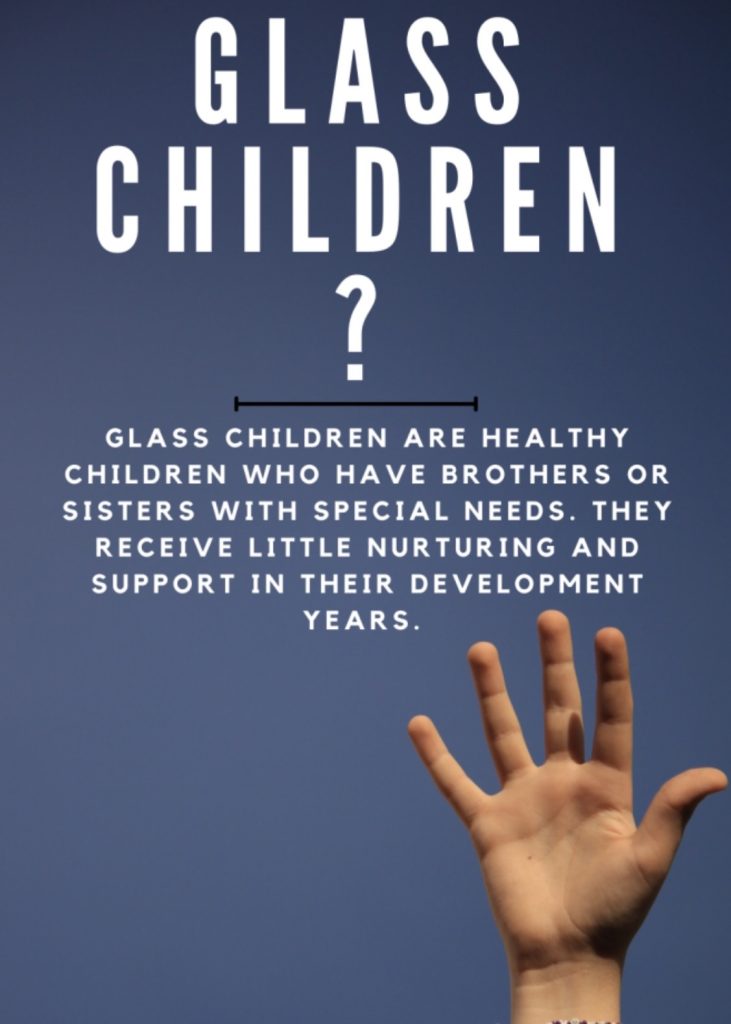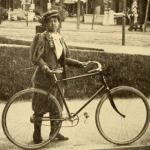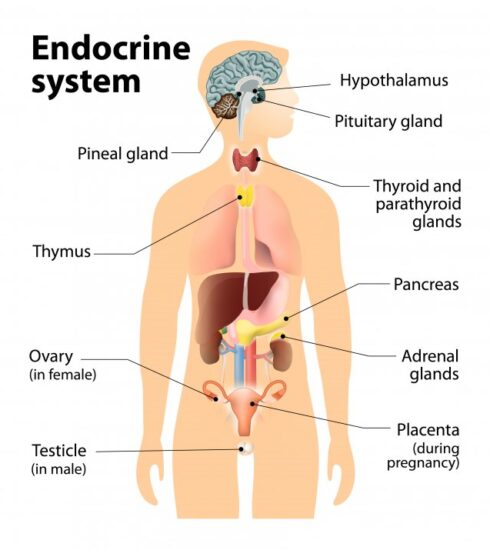Autism Awareness: Parts 2 & 3
The Autistic Family
Parents with an autistic child tend to have increased levels of stress because of the unique challenges and experiences that affect their daily lives. It may also strain their relationship as a married couple as they will need to provide extra support for their child with autism along with the challenges of navigating the educational system, accessing therapy services and advocating for their child’s needs.
Siblings may experience mixed emotions, such as love and compassion, but also feelings of neglect or jealousy, as the focus is typically on the autistic child, therefore, having a profound impact on family life.
Autism will decide for you who your circle of friends and family should be, where and when the family will worship (or if you worship at all), and where you go for family outings and vacations.
Autism may test every relationship you ALLOW it to test.
Communication is one of the primary challenges if the child is not verbal. The entire family will need to develop or learn alternative communication methods with their child.
The safety, security and wellbeing of an autism family should be closely guarded. Your immediate community (family, neighbours, household and friends) should be understanding and accepting, knowledgeable and accommodating of your autistic child.
Inclusion and acceptance are key in every aspect of your autistic child’s life.
By excluding your child from family activities, you’re invariably ostracizing them from the world around them because having an autistic person in a family affects every single member of that family unit, so pay attention to everyone’s wellbeing including your autistic child.
Advocacy Group, Autism Speaks USA in 2021 estimated that it would cost between $1.4 -$2.4 Million to raise an Autistic child over the course of their lifetime in the USA. Many years back, I read an article that said the cost of one autistic child is the equivalent of the cost of raising 4 “allistic” children. An Allistic person is one that is not on the Autistic spectrum. Specialist education, therapies and care account for the additional cost.
Specialist schools and therapies are expensive. Here in Nigeria, it takes a village to raise a child. More hands on deck equals less expenses for care. There are many quacks out there, ready to take advantage of your vulnerability.
The last five years have seen a real push for professionalism in the autism community, and most specialist schools and therapists now have the right mix of experience and international certification in Lagos and Abuja. ‘Autism Burn Out’ is real. Pay attention to your mental health and general well-being to prevent feelings of hopelessness, guilt and isolation from creeping in. Create your own autism tribe. Join autism groups (like AMIN) were you share your experience and learn from others with similar experiences. Have a life outside autism. Have a life with your other children and significant other.
Families may face unique challenges, but they can find a way to thrive together with support, understanding and resilience.
Finding a healthy balance between autism and everything else is very important. Keep adjusting as the situation demands. Just remember that stability and routine are the bedrock for the success of an autistic child and, invariably, the rest of the family.
Autism in the words of Autism Mum, Kemi Babagbemi Autism led me to expand my understanding of Patience, Faith, Gratitude, Humility, and Grace.
These have sustained me.
Patience
Some things will happen in their own time or not at all. Milestones can be redefined. Any form of progress, no matter how slow, is still progress.
Faith
Despite constant frustration, unexpected complications, and unforeseen outcomes, believe even when it is hard to do.
Gratitude
Everything about your child is miraculous. Your child is a gift. Celebrate every win, no matter how small.
Humility
We are not superheroes. It’s okay to need and ask for help.
Grace
Be gentle with yourself and your child.
Autism is not punishment. All emotions you have about it are valid as long as you don’t let any one thing consume you. Everything you are doing is enough.
I love my son. He is one of my many miracles. His most difficult days are also mine too, his best days are also mine.

THE SIBLINGS
Siblings play a crucial role in the life of their autistic sibling, providing acceptance, companionship, support, and acceptance. They are often the autistic child’s best friend, the one true friend. Siblings are their advocates and allies in navigating their immediate environment. They offer emotional and social support, help with communication and sensory sensitivities and provide the much-needed sense of belonging to their autistic sibling. Inclusion helps to foster this bond.
Through shared experiences, siblings can develop empathy, patience and resilience to contribute to the overall well-being and quality of life of their autistic sibling. Such bonding is invaluable and positively impacts the life of the autistic child in countless ways.
Where such a bond exists between the siblings, if required, that sibling will naturally take over the care of their autistic sibling when the parents can no longer do so.
Living With my Autistic Brother by Toju Adelaja
Living with an autistic brother has taught me to look outside the margins.
In our interactions with others, it can be easy to want to dismiss people you do not immediately understand. To wonder why that person on the underground has their fingers in their ears when the train screeches. Why this person you’ve met at a networking event isn’t the most astute at picking up on social cues. And I think that’s a shame.
Living with an autistic brother has taught me that there is a lot of beauty to be found in people once you get over not only yourself but what society arbitrarily insists on deeming ‘normal’.
Society can often dismiss those it does not understand, and living with an autistic brother has shown me how much you truly shortchange yourself by doing that. My brother is warm, caring, funny, and the softest soul I know. Luckily, I’m his sister and will always know that, but I pity those who don’t and will miss out on individuals like him just because of their insistence on remaining within the margins.
Living with an autistic brother has taught me to remain open to all kinds of people. To never count people out.
To give grace, to ask questions. Living with an autistic brother has enriched my worldview in ways only few can understand, but I sincerely hope more grow to. I challenge you to take a peek outside the margins in your interactions with people. Trust me; it’s more fun over here.
Twin Connection, Tein Karibi-Whyte My Mum made constant adjustments to my sister’s daily routines, communication styles, and social interactions. Consequently, I hardly saw her after school. Around my parents and I, my sister was very excitable, and as a child, I attributed this to playfulness. Now I realise it was a testament to her love for us. It wasn’t until our early teenage years that I found I could read her mind. Not in the Marvel, stereotypical Professor X kind of way. But rather, I discovered pattern in her ‘erratic’ behaviour, from the specific books she stole from my collection to the looks we share across a room. One day it all clicked, and I became attuned to her emotions in all their shades. Funny thing is I’m certain she can read my mind too. Probably a lot more fluently than I do hers.
The connection I share with my sister lies beyond words.
Growing up as Akintade’s Sibling Being the sibling of a neurodivergent individual has been a challenging and enriching experience. As a sibling, watching your sibling navigate the world with social challenges can be heart-breaking and inspiring.
Growing up, Akintade received more attention from our family. This was very difficult to understand as a child. I understand now his needs were different to mine.
My younger brother and I have become a source of comfort for Akintade in recent years. I can communicate with Akintade in a way that others cannot.
We share a special fraternal bond.
Nonetheless, I have had to put my own needs aside; help support Akintade. I often resented him for the extra attention he got. I have come to appreciate the superpowers of my parents for raising us.
It is normal to feel frustrated at times; it is vital to discover healthy ways to cope with it. This could include seeking support from friends, family, or a therapist.
Akintade’s unique perspective on the world has made me more empathic and patient. By embracing the unique qualities of special siblings, one can build a deeper, more meaningful relationship with them that will last a lifetime.







